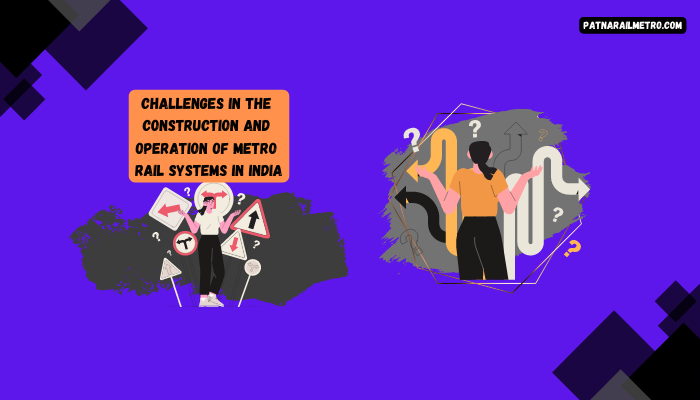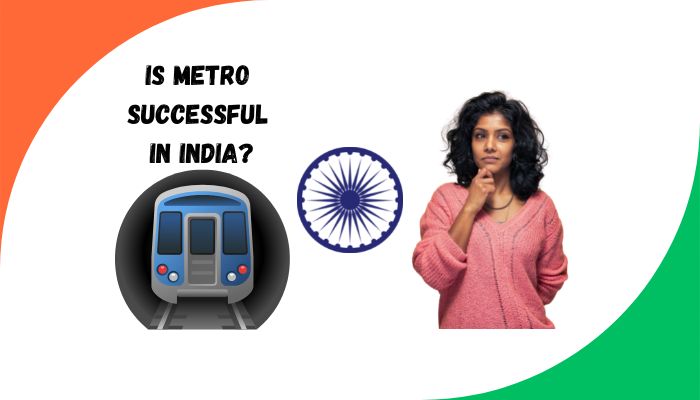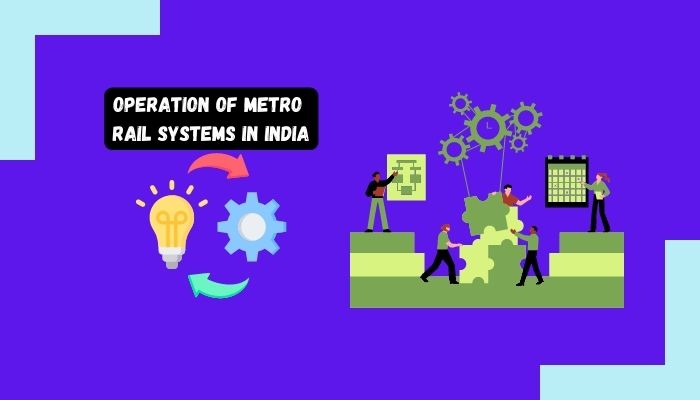India is a developing country, and India as a country has faced a lot of challenges in surviving as a nation. From independence to partition, there has been a lot of damage to our nation, resulting in delays in the country’s development. But in recent years, as we have all seen India emerging as a big nation, India has become a strong independent nation. India has seen major changes in itself.
The development of rural areas transforming into urban areas has brought urbanization in our county. People started to migrate from rural areas to urban areas, India has also experienced a great increase in its population which has been a challenge for the development of the country.

With the increasing urbanization, the Indian Government must maintain the country accordingly. With the urban growth in some particular cities of the country, the management of the country has the challenge of building and maintaining great infrastructures in particular areas. Maintaining town planning and building a great transportation service in such places became necessary.
The authorities have played a great role in building such services in the cities, their plans have turned successful for the citizens and for managing such a great population.
Metro Rail Projects In India:
India’s first metro rail system was introduced in Kolkata in 1984, followed by Delhi Metro in 2002. Since then, several other cities, including Bangalore, Chennai, Mumbai, Hyderabad, Kochi, Jaipur, and Lucknow, have also established metro rail systems. The metro rail is a fast and modern train system in big cities in India. The government and private companies run it, and it’s an important way for people to get around. It’s also good for the environment and makes travel quicker and more comfortable.
Building these systems costs a lot of money and takes a long time, but they help cities to grow and improve. The government and private companies run Metro trains in India, which are very important for transportation in the cities where they operate. They help reduce traffic, air pollution, and travel time for many people.
Building them takes a lot of money and time, but they help cities improve and grow by making it easier for people to get around and be good for the environment. The construction of such projects has led to the development of particular cities and the country as a whole. These efforts and projects have made a bigger change and provided many benefits to the nation and its people.
Is Metro Successful In India?

Metro transportation systems in India are highly valued for their ability to provide reliable and efficient transportation for commuters. These systems have gained their reputation due to their punctual and consistent train schedules, which provide passengers with dependable transportation.
In addition, the metro systems offer air-conditioned trains and comfortable seating, making the commuting experience more enjoyable. The design of the systems also promotes speed and efficiency, with dedicated tracks and fewer stops, reducing travel time for passengers. The use of metro systems in India has played a critical role in reducing the number of private vehicles on the road, resulting in decreased air pollution and greenhouse gas emissions.
Lastly, trained personnel and CCTV cameras monitoring stations and trains guarantee the systems’ safety and security. Metro Transportation was a big move and contribution on the government’s part.
The success rate of metro transportation systems in India is quite high, and they continue to be an essential component of the country’s urban development strategy. Metro systems in India have received positive feedback from passengers regarding their reliability, safety, and convenience.
The systems are equipped with modern facilities and technology, such as air-conditioned trains, comfortable seating, and real-time information displays, making the commuting experience more enjoyable. In addition, Metro systems in India have helped reduce congestion and travel time for millions of commuters.
Construction Of Metro Rail Systems In India:
The Construction of the Metro rail System in India was a complex process as it involved a lot of entities in the construction of such big projects. Building metro systems in India requires different people and groups to work together, including the government, companies the government does not own, and experts from different fields. The construction of metro rail systems in India involves significant planning, investment, and effort. The process was divided into various phases.
Before stepping into some projects, the main step towards the start would be to examine the project critically and determine if the project is feasible to move forward with. This phase involves conducting surveys, analyzing data, and assessing the potential demand for the metro system. Once the feasibility study is completed, the project’s cost and benefits are evaluated, and the decision to proceed is taken. Then, the construction authority is responsible for creating and analyzing the designs according to which they want to build the infrastructure.
The plan must consider passenger flow, safety, accessibility, and environmental impact. Engineers and architects work together to create a comprehensive design that meets all requirements. The construction phase involves building the metro system’s physical infrastructure, including tracks, stations, depots, and other facilities. The construction process involves excavation, laying tracks, and constructing elevated or underground stations. The process can take several years, depending on the system’s size and the construction’s complexity.
The final phase involves testing and commissioning the metro system. This includes installing signalling systems, power supplies, and communication networks. Once everything is in place, testing ensures the system operates safely and reliably. The system is then handed over to the operator.
Operation Of Metro Rail Systems In India:

The operation of metro rail systems in India involves careful planning, construction, testing, and commissioning and is typically carried out by government bodies or private companies. The success of a metro rail system depends on several factors, including its reliability, safety, affordability, and accessibility to commuters.
Challenges In The Construction And Operation Of Metro Rail:
Constructing and running metro rail systems in India is difficult and has many problems to solve. Everyone involved in the project, such as the government, private companies, local communities, and environmental and social groups, must work closely together to solve these problems. This will help ensure the project is successful, environmentally friendly, and beneficial for everyone involved.
While metro rail systems in India have helped to alleviate congestion and improve public transportation, several challenges are associated with their construction and operation. Some of these challenges are discussed below:
- 1. One of the main problems when building metro rail systems in India is finding and buying enough land for construction. It can take a long time and be complicated, especially in busy cities where land is hard to find and expensive. It can also be difficult if the people in the area do not want to give up their land because they think it could hurt their rights or interests.
- 2. Constructing and operating metro rail systems in India can face problems caused by government and politics. These problems include delays due to complicated rules and government processes, political interference, and conflicts between government groups or private companies. These issues can make the project take more time and cost more money.
- 3. When building metro rail systems in India, one of the biggest problems is that the cost can end up being more than planned. These projects are big and need lots of money to be built. But sometimes, the cost can go up because of construction delays, design or plan changes, or unexpected problems like finding something old underground. These extra costs can make it harder to finish the project and cause delays.
- 4. When building and running metro rail systems in India can cause problems for the environment and people. This can include moving people out of their homes, losing natural areas like parks and homes for animals, and more air pollution and noise pollution. Fixing these problems and making sure the good things from the project are more than the bad things can be hard for everyone involved.
Frequently Asked Questions:
A: The major construction challenges faced while building metro rail systems in India include land acquisition, obtaining environmental clearances, relocating utilities, ensuring safety measures, handling traffic diversions and coordination with other agencies.
A: The operational challenges faced by metro rail systems in India include maintaining punctuality, ensuring the safety and security of passengers, managing large passenger volumes during peak hours, handling technical glitches and ensuring the system’s sustainability. Ensuring adequate maintenance and upkeep of the metro infrastructure is also a major challenge.
